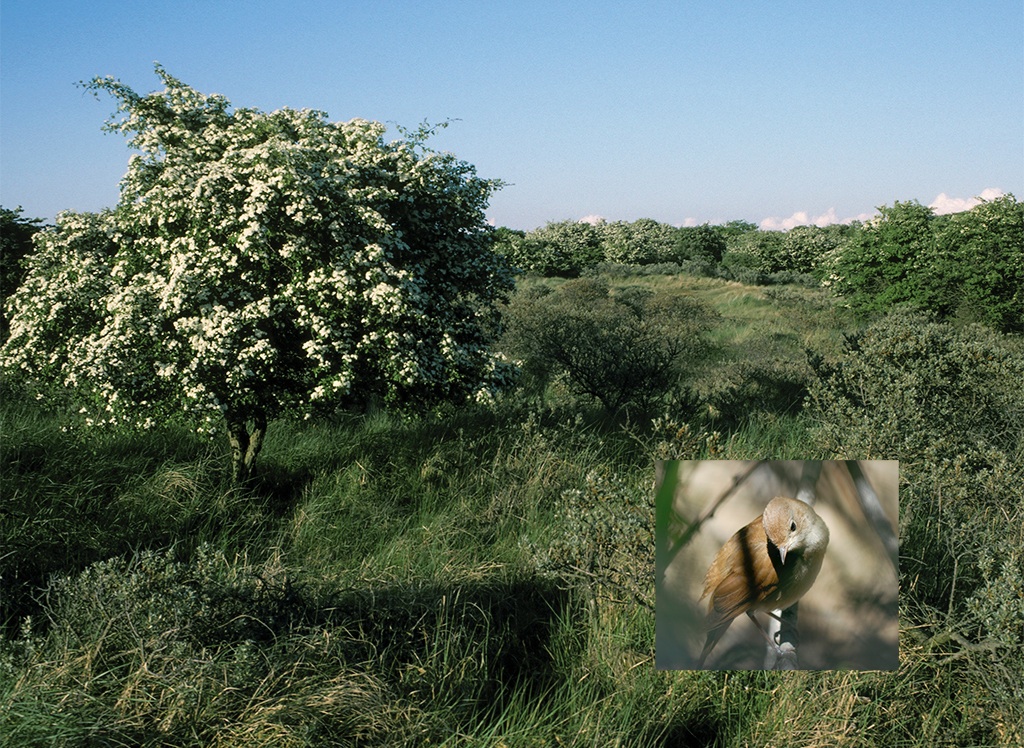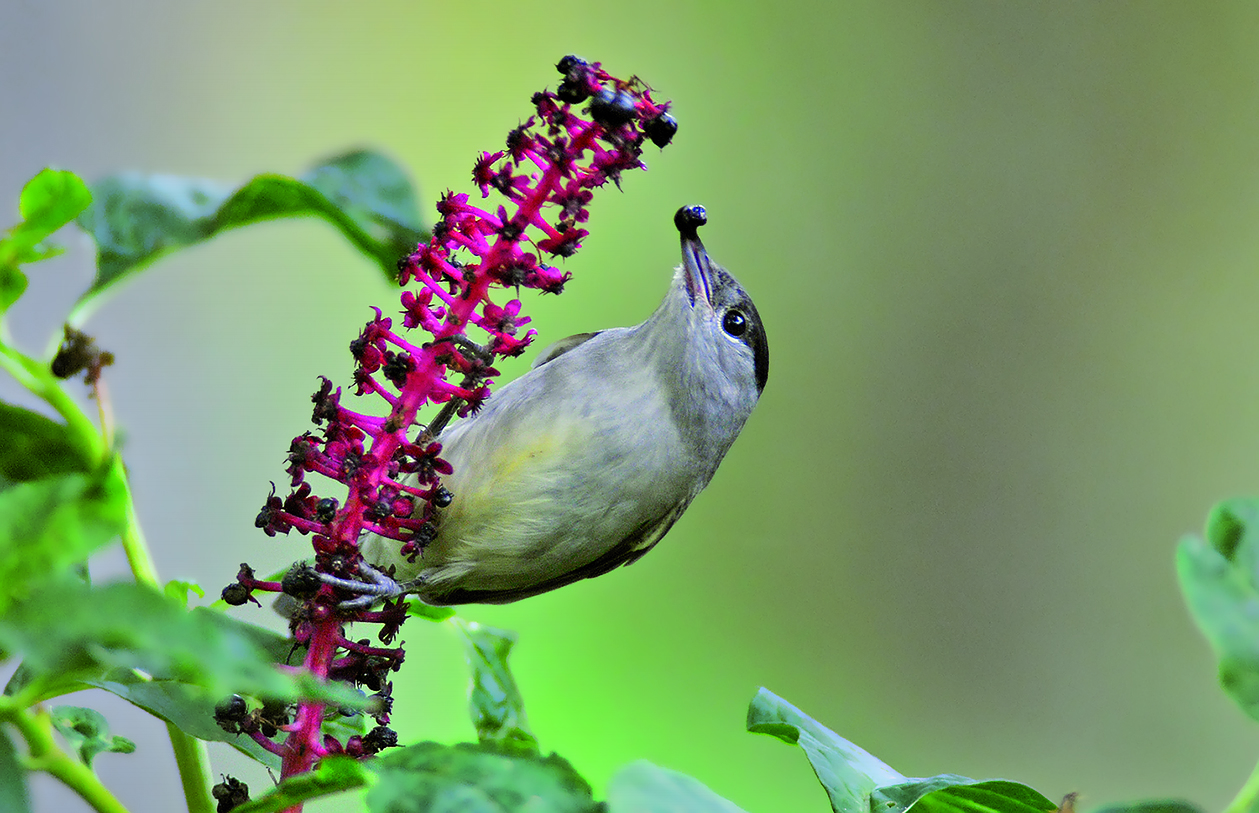JayFeatherPL
Well-known member

How to distinguish eurasian blackcap from garden warbler? I heard that blackcap has longer pauses between phrases and blackcap has a low "opening" to it's song. I also heared that garden warbler sings a bit faster. Is it true, or are there another methods of distinguishing these two birds?








